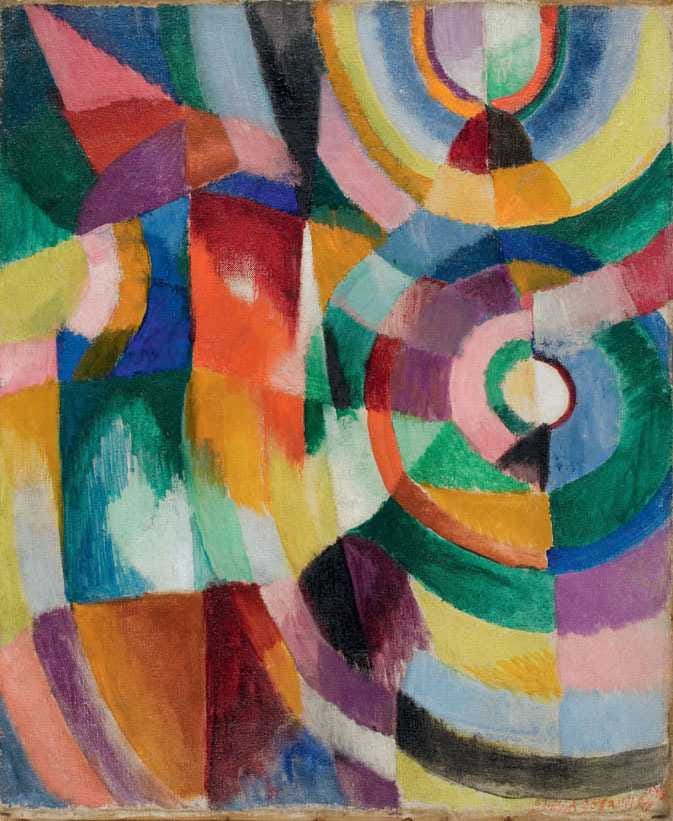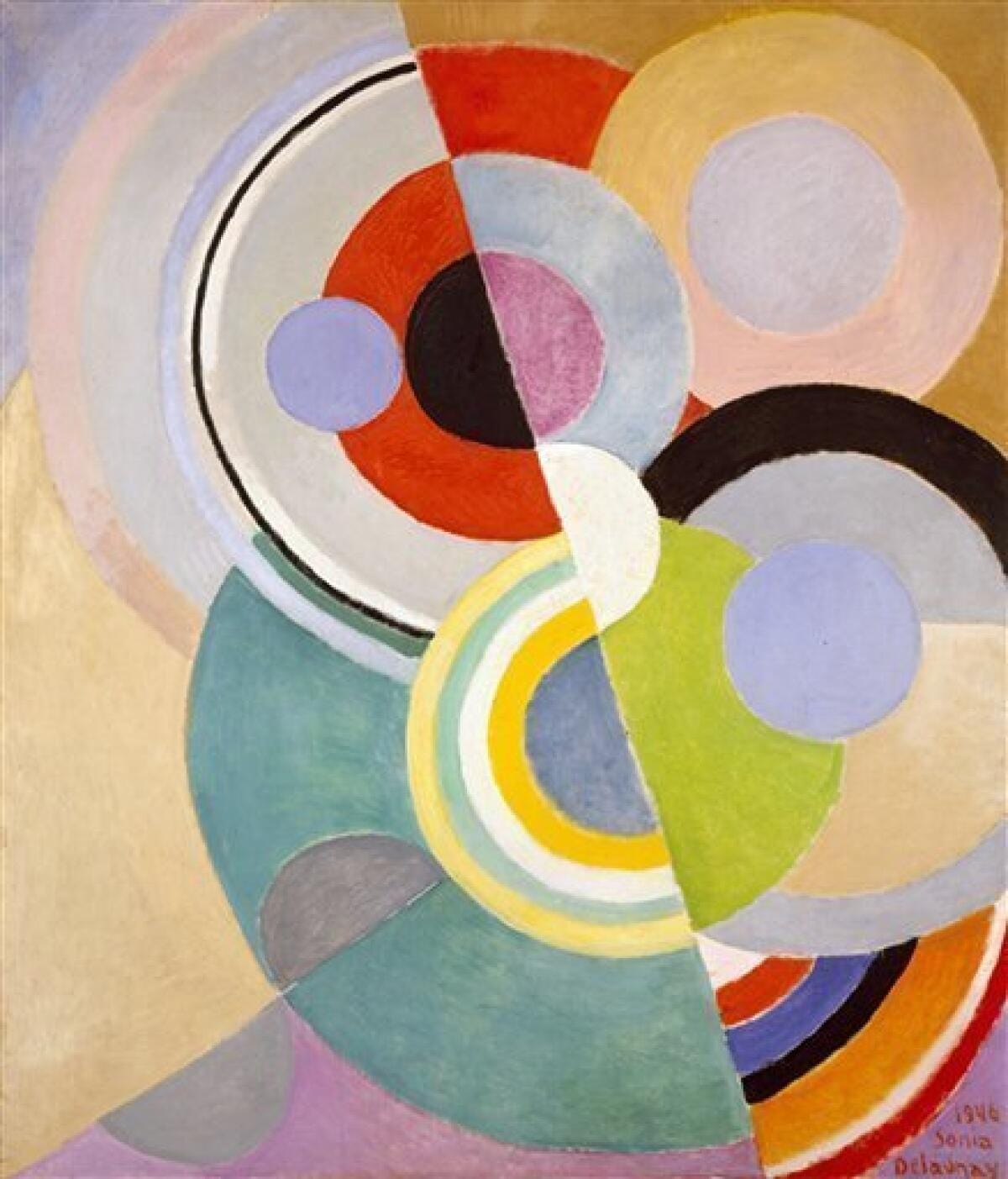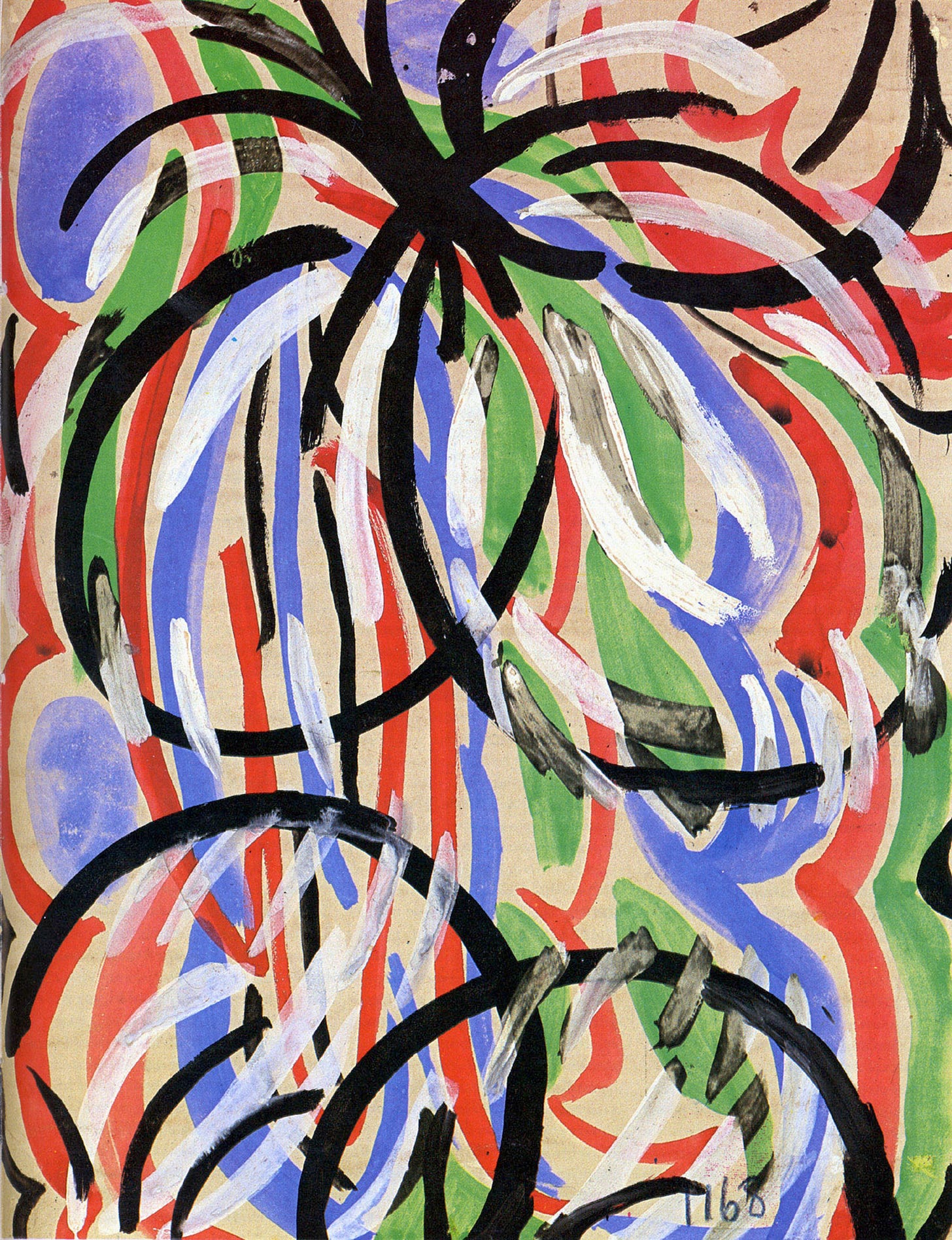The Surprises of God
A Conversation with Rev. Marian Edmonds-Allen
In Good Faith host Steven Kapp Perry recently spoke with Rev. Marian Edmonds-Allen. Marian is the executive director of Parity, an NYC-based national nonprofit that works at the intersection of faith and LGBT concerns. Marian has worked with youth and families in various denominations and settings throughout the country for more than 20 years. She focuses on strengths-based interventions and supports to affirm beliefs and faith practices for LGBT persons. Here, she discusses her efforts in Salt Lake City to decrease LGBT youth homelessness and the importance of working with people who are different from you.
Last year, you spoke at BYU Law School's Religious Freedom Review, and you opened your remarks by discussing this term: religious freedom. Why might that be sort of a weighted term for some people?
Unfortunately, it's a very weighted term. Depending on who I'm speaking with when I say religious freedom, sometimes they perk right up and smile, and other times they shake their head and they don't want to talk to me anymore. And generally, the latter are LGBT folks and allies who believe strongly that religious freedom, the phrase, is code for legalized religious discrimination.
As an ambassador for religious freedom, I help people know that religion is, to quote Ambassador Brownback, for everyone, everywhere, all the time—and that includes LGBT people. I feel that LGBT folks and a lot of other people are missing out if they don't see what religious freedom can do for them and the issues they care deeply about.
Conversely, what might straight people not recognize about the faith lives of folks in the LGBT community? Do they have a faith life? Do they believe they have a faith life?
It's so interesting. The common perception is that LGBT and faith are oppositional. And it's very rarely that people talk about LGBT people and their faith lives, but actually more than 50 percent of LGBT people report having a religious faith, attending religious services, and having deep spirituality.
Often when I speak, I wear my clerical collar and I out myself as an LGBT person. Usually, people are kind of scared about that. I make a joke saying, there's probably something here that's scary to you because these two things aren't supposed to go together. But that's my story. And I'm not alone.
There are many, many, many LGBT people of faith out there that share so much with the church, but share so much with the world too. They can really deepen our understanding of what God and spirituality can look like.
You wrote a really wonderful opinion piece in the Salt Lake Tribune where you talk about reaching across divine lines to a legislative assistant. In this case, it was dealing with LGBT homeless youth and teenagers. Do you mind just telling that story?
I'm glad to tell that story. That's my very, very favorite story to tell.
I was invited to come to Salt Lake City to plant a church, but really, I was interested in LGBT youth homelessness. Utah had become known for having a lot of LGBT youth who are on the streets.
Early into my time at the Ogden Outreach Center, there was a young person that showed up at our door with a battered suitcase. They had been kicked out of the family home and didn't have any place to go.
I thought I could find a place for this young person to stay, but there wasn't any place for this person to find shelter that night. I asked, “Do you have a friend nearby? Someone you can stay with overnight? Then tomorrow, we'll find a place for you to stay while we get you the help that you need.”
That night, the young person was assaulted at their friend's home. That moment changed my life. I realized that there were very real consequences for youth experiencing homelessness. I heard about the suicides that were happening. This young person that had been assaulted, and there were no services to help them in Utah.
I became a very vocal activist. I had event after event where I wanted a lot of media attention to publicize the fact that there were homeless youth in Utah. I held a big event, and the next morning, I had a phone call from a legislator named Gage Froerer asking me to come and meet with him. So, I did. I met Gage and I met his legislative aide, Laura Warburton. And we argued.
We argued about whether or not there are any homeless youth in Utah. We went back and forth and back and forth. Finally I said, “if you don't believe that there are any homeless youth in Utah, come to Outreach to the youth center and meet some.” And I left and I figured, well, that's that—moving on to the next thing.
Lo and behold, the next week, Laura showed up at Outreach. I was amazed. I walked her down the stairs to our center. Laura is still arguing about whether or not there were any homeless youth when this slight, young person came down the stairs and went by us. They went to the shelving with canned goods, and socks, and things that a homeless youth would need.
This young person had a backpack and started filling the backpack. Laura noticed him and said, “What are you doing? Are you really hungry? Why do you need all those socks?” The kid didn't want to engage with Laura. Then she said, “how old are you anyway?” and the little kid said, “I'm 18.” We all knew that was wrong. Finally, he said, “I'm 12”. Laura said, “well, you're not homeless—are you?” The kid finished packing up the backpack and ran by us, up the stairs. Laura looked after him and said, “the kid was in a t-shirt and it was November and cold. Where is their coat?”
From there, I could see Laura's heart just melt. My heart melted in return because I could see how it had affected her. The next week there was a truck that pulled into the church parking lot: a flatbed 18-wheeler piled high with winter coats. Laura went home, she called her church friends and said, “can you help? There are cold kids out there.”
From then on, Laura and I became this unstoppable partnership. Previously, I thought I needed to make people angry and aware, but she said we need to change the laws in Utah; she knew who we should talk to. Together, we changed five laws in Utah for youth homelessness and suicide prevention.
My friendship with Laura changed my life. I realized that being an activist is wonderful. There are ways to accomplish things and work together across difference
That's really beautiful to hear. You could call that interfaith work, or maybe it's just inter-human work. I have so many questions just from that beautiful story. First of all, it's wintertime. How could any parent kick their kid out? Why does this happen?
Well, I have a heart for the parents. I truly do. Parents love their kids; parents want the best for their kids.
It is scary to find out that your child is LGBT. Years ago, parents were told, if you have an LGBT kid, you better kick that kid out so it doesn’t affect your other children. So, they tell the kid, “You go out, you straighten up, and you come back.”
What they don’t realize is once a kid hits the streets, there are predators. Every single child will be approached by a sex trafficker within 36 hours. The kids that survive on the streets, it's really hard. They organize in families to take care of each other.
This sense of mission you have, is this based on your faith?
Absolutely. It reminds me of the Jonah story, which I love. God gave Jonah a job to do. Jonah needs to go to a village and give them a message, but he doesn't want to do it. So, he strikes off in the different direction, and God sends a whale to swallow him and spit him out on the beach.
That was how I felt. I was so angry at people who are different from me, people that I blamed for LGBT youth being homeless. I couldn't find any love in my heart, and Jonah couldn't find any love in his heart either.
I wanted there to be a bad guy that I could blame, but you know what? It's not us and them. It's all of us together. The beauty of the partnership that God showed me was that working together across difference was the secret sauce for saving lives.
Boy, I love that line. Just saying that it's not us and them. It's something we have to do together.
You mentioned five laws. What kind of laws got changed?
The big one was that, previously, an unaccompanied youth couldn't be sheltered. The idea was, if a child doesn't have shelter or a place to sleep, they must be with their family. I think no one had really thought about it.
And another one, the school board rule that was called “Don't say gay.” That meant that if an LGBT child needed help, they couldn't get that help.
There was a young girl who went to her guidance counselor in Davis County and said, my parents kicked me out because I'm LGBT. And the school counselor thought, I could get fired if I say anything to the student. So, the guidance counselor said, well, I'm sorry, I can't help you. The next morning, the girl was found outside the high school. She was okay, but she was sleeping in a snowbank because she had no idea where to go.
I remember we talked to someone who was very powerful and getting that rule changed. We told her the story, and with tears running down her cheeks she said, well, that is not what we meant at all.
How has God surprised you over the years? And this could be you personally, in your faith, in your family, in this work that you do. Any of that.
God surprises me every single day.
When I was a young person, I thought that I should behave in very certain ways. I became Baptist, and Evangelical, and then part of the reformed church in America with very strict behavioral parameters. That was wonderful for me.
But also, that meant that my worth was tied into how perfect I could be. And whenever I wasn't perfect—which was all the time, because I'm human—I would think, God hates me now. I'm a bad person. What I've learned over the years is that, yes, following God's commandments is so important. I'm an imperfect human being, but I'm also a beloved human being; my mistakes are cues that I can learn from.
My experiences with Laura and with the people that I meet every single day show me that God is a God of surprises. That's part of the reason why I try to be in areas where I'm unexpected. Most times, people are surprised to see me, an LGBT person, at religious freedom events in Washington, DC and internationally. But then people will come and talk to me, and that's where I learn something new. Then I try to run along and catch up to whatever God is up to.
This transcript has been edited for clarity and length. Listen to the full episode, “What is Stewardship” below or at BYUradio.
The In Good Faith podcast aims to build bridges of understanding between religions. In talking with believers of different faiths, In Good Faith highlights personal experience and commonalities across spiritual traditions.
Art by Sonia Delaunay.









